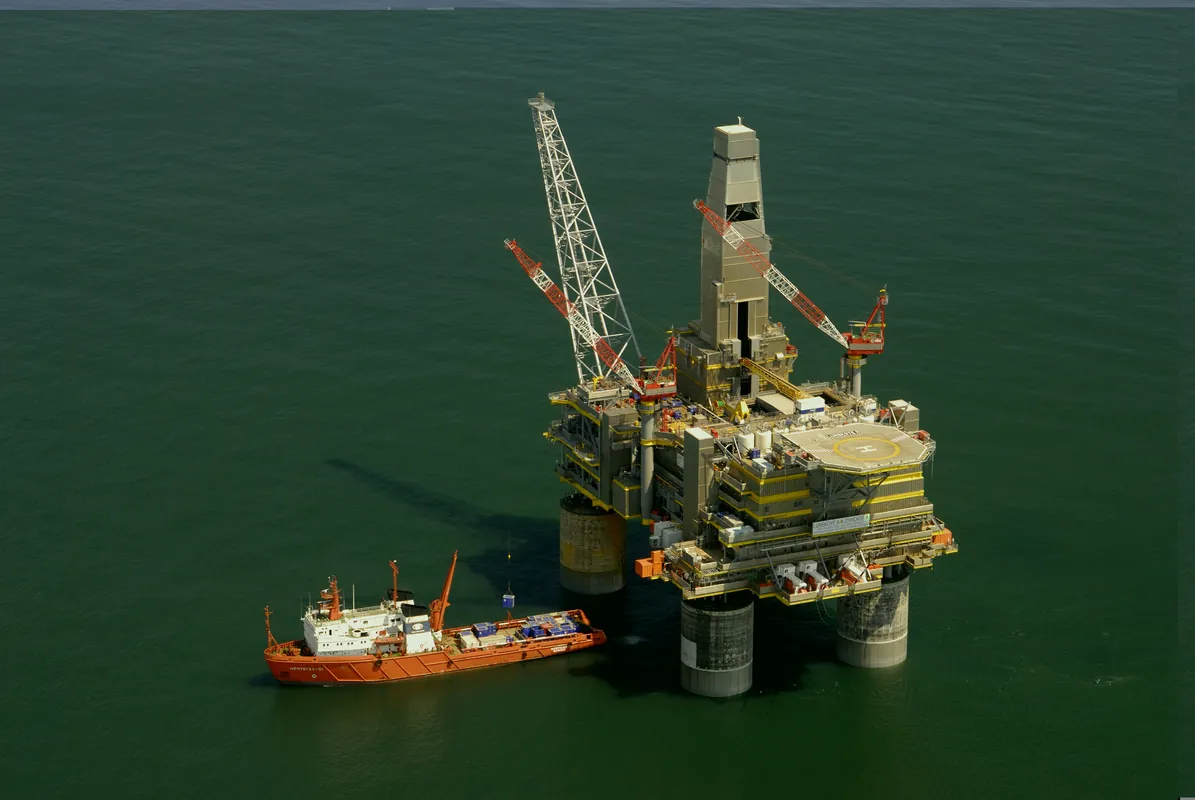Lagos, Nigeria — August 11, 2025
Nigeria’s oil and gas industry continues to serve as the backbone of the nation’s economy, providing the bulk of government revenue and foreign exchange earnings, even as long-standing structural challenges persist.
Official trade and industry data indicate that crude oil exports account for the majority of Nigeria’s export receipts and a significant share of public finances. However, domestic refining capacity remains inadequate, with state-owned refineries underperforming for years despite recent private sector investments such as the Dangote refinery.
Pipeline vandalism and large-scale oil theft continue to undermine production, causing substantial revenue losses. Petrol-tanker accidents often resulting in fatalities remain a recurrent hazard, while communities in spill-affected regions face ongoing environmental degradation due to ineffective cleanup efforts.
The Nigerian National Petroleum Company Limited (NNPC Ltd.) has implemented reforms aimed at improving transparency and efficiency, but analysts note that systemic issues including subsidy-linked smuggling, poor logistics, and weak enforcement — still exert significant pressure on the economy.
Economic observers warn that the rising cost of Premium Motor Spirit (PMS) continues to drive inflationary pressures, worsening hardship for households and businesses. The government has pledged further reforms to stabilize the sector, expand refining capacity, and strengthen environmental protections.

